Reply:
Flooded environments during storms and floods have high humidity and temperatures of 20-30 degrees Celsius, causing microorganisms that cause eye diseases to become more active, with a high risk of causing disease. Heavy rainfall causes flooding, bringing dirt, toxins, and a polluted environment that causes infectious eye diseases, of which conjunctivitis is common and can become an epidemic after floods.
Conjunctivitis will increase in communities lacking clean water. The age groups most susceptible to eye diseases are children under 15 years old and adults over 60 years old. The disease is highly contagious and can become large epidemics.
Pathogen
Bacteria: Many types of bacteria can cause acute conjunctivitis such as pneumococcus, staphylococcus, streptococcus.
Virus: The most common is Adenovirus, which often spreads rapidly and causes large epidemics (pharyngoconjunctivitis) due to its respiratory transmission and ability to survive for a long time in the environment.
Allergy: The patient comes into contact with an allergen, causing both eyes to quickly become red and itchy, causing the patient to rub their eyes, which is the cause of secondary infection.
Symptoms of conjunctivitis
After the incubation period (from the time of contact with the source of infection) 2-3 days will appear signs of itchy eyes, red, gritty, photophobia, watery eyes and a lot of eye discharge. A lot of discharge in the morning when waking up makes the two eyelids stick together, making it difficult for the patient to open their eyes. The discharge also makes the patient feel difficult to see, but vision is usually not reduced. At first it only appears in one eye, after a few days it appears in the other eye.
When examining the eyes, there are: red and swollen eyelids, conjunctival congestion, edema. Lots of pus (secretion) on the eyelid margin and conjunctival surface. Some cases may have subconjunctival hemorrhage (bleeding). Severe cases can cause corneal damage such as keratitis, in which case vision is greatly reduced and lasts for many months. In addition, the patient may have a mild fever, runny nose, swollen lymph nodes in front of the ear or jaw angle, sore throat, and swollen tonsils.
Conjunctivitis in children is often severe because the child's local immunity is weak, and the soft tissues around the child's eyes are loose, making them susceptible to severe swelling reactions.
Parents often take their children to the doctor because they see swollen, red eyes, and a lot of discharge. Children need special attention because they cannot speak, and crying makes it difficult to apply eye drops and examine their eyes. Treating conjunctivitis in children is more complicated and takes longer than in adults, requiring the efforts of both medical staff and parents.
Prevention of conjunctivitis
The disease is transmitted from person to person through tears and discharge containing many pathogens. People with conjunctivitis often rub their eyes, then touch shared objects in the home, workplace, school, etc., causing others to become infected when using those objects. It can also be transmitted through the environment of public swimming pools.
In normal people, tears are drained into the nose through the lacrimal system. When conjunctivitis occurs, tears containing pathogens are drained into the nose and throat. When the patient talks or sneezes, the nasal secretions are sprayed into the air, causing illness to others.
To prevent disease, note:
People with conjunctivitis need to stay home from school, work, and avoid crowded places to avoid infecting others.
Contact lens wear should be discontinued for several days in the presence of acute conjunctivitis.
Use personal items and do not rub your eyes. Wash your hands before and after applying medication. If you must use shared items, wash your hands with soap first. After recovery, clean your eyeglasses with soap to avoid reinfection.
Do not throw away cotton swabs after using them to clean your eyes. Wash your face towels regularly with soap and dry them in the sun. Clinics need to properly clean hands and sterilize instruments.
Clean environment, clean house.
Specialist Doctor 2 Phung Thi Thuy Hang - Deputy Head of Ophthalmology Department, Bach Mai Hospital
Source: https://nhandan.vn/lam-gi-de-phong-viem-ket-mac-mat-trong-mua-mua-lu-post830611.html










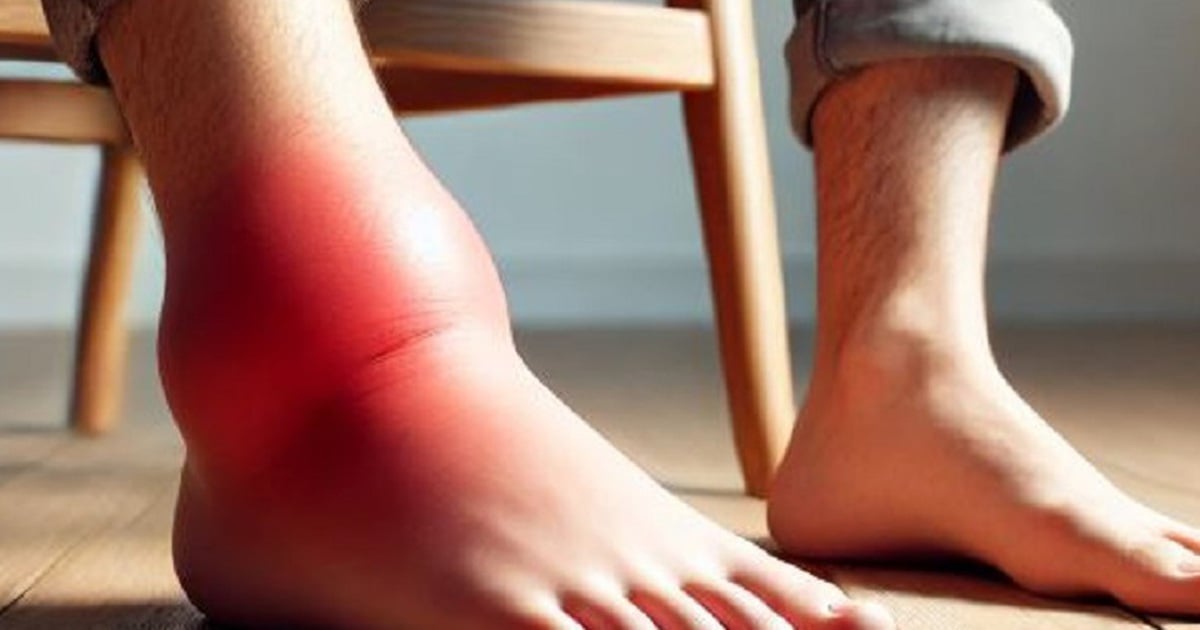






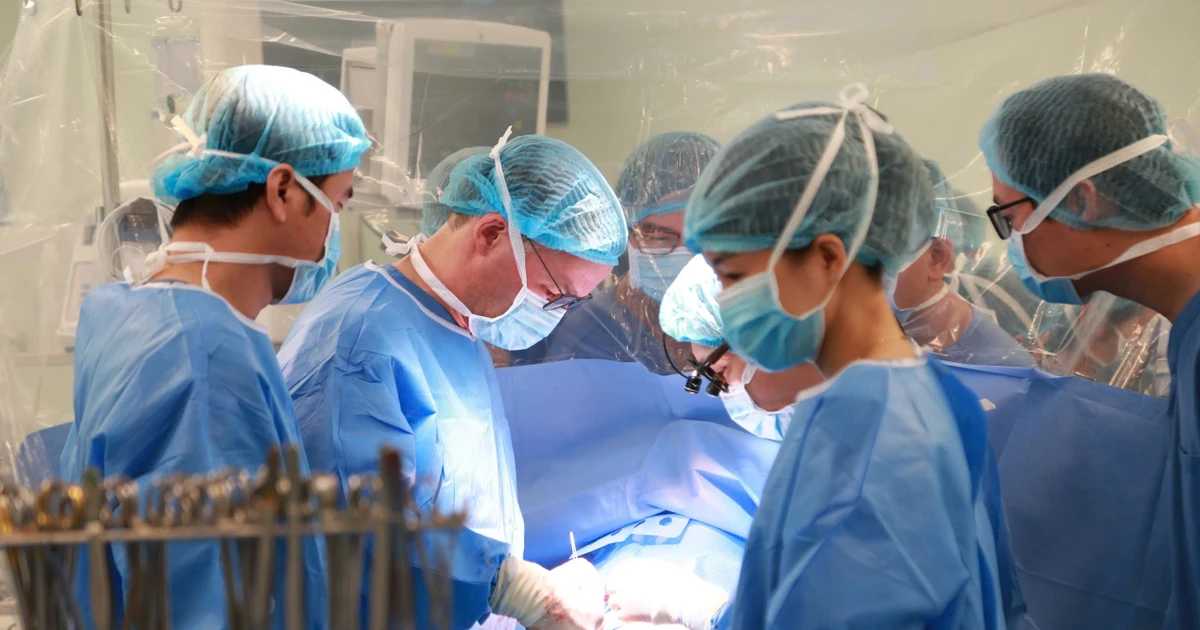
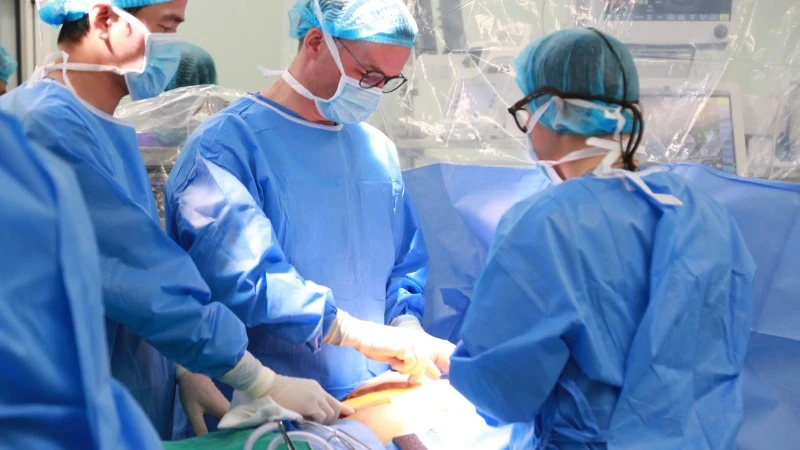
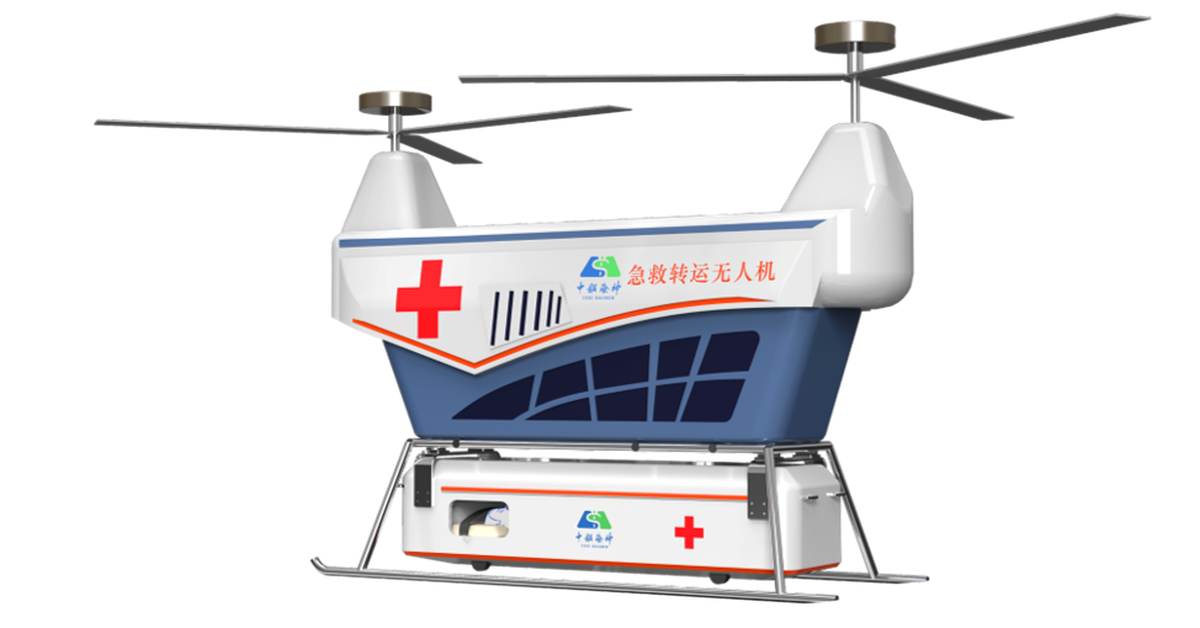






![[Video] Ministry of Education and Training plans to inspect and examine the 2025 High School Graduation Exam](https://vstatic.vietnam.vn/vietnam/resource/IMAGE/2025/4/12/682bfd48372e471f97b8627076eadc58)



![[Video] Ho Chi Minh City announces enrollment targets for grade 10 in the 2025-2026 school year](https://vstatic.vietnam.vn/vietnam/resource/IMAGE/2025/4/12/61f47e2c83354c34be68df6d85e8f7e0)

![[Photo] "Beauties" participate in the parade rehearsal at Bien Hoa airport](https://vstatic.vietnam.vn/vietnam/resource/IMAGE/2025/4/11/155502af3384431e918de0e2e585d13a)
















































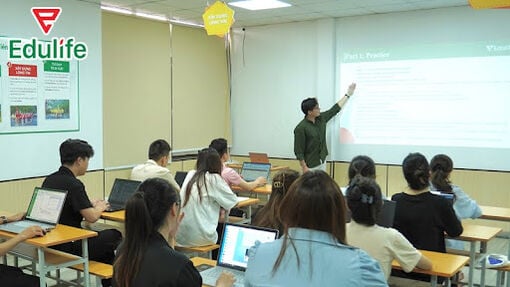

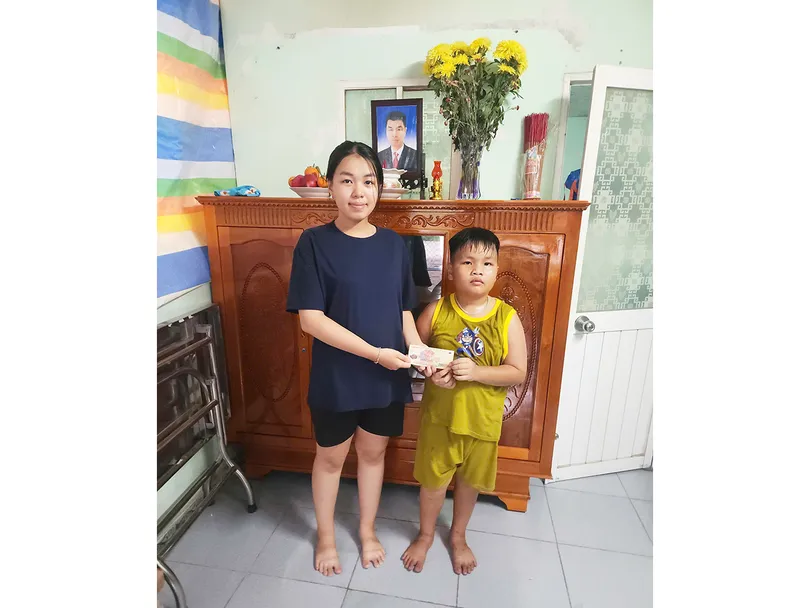










Comment (0)